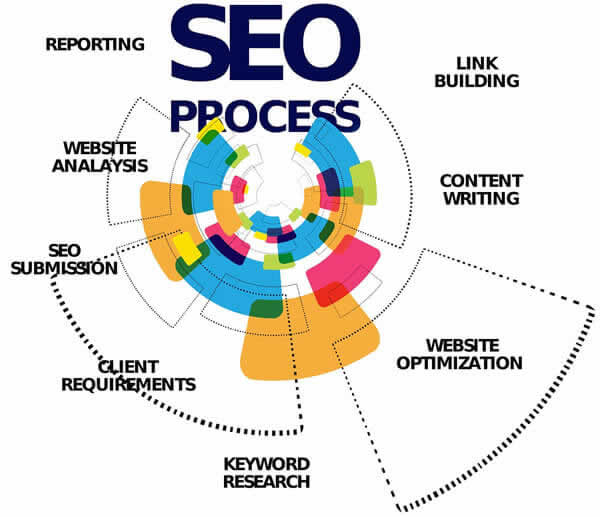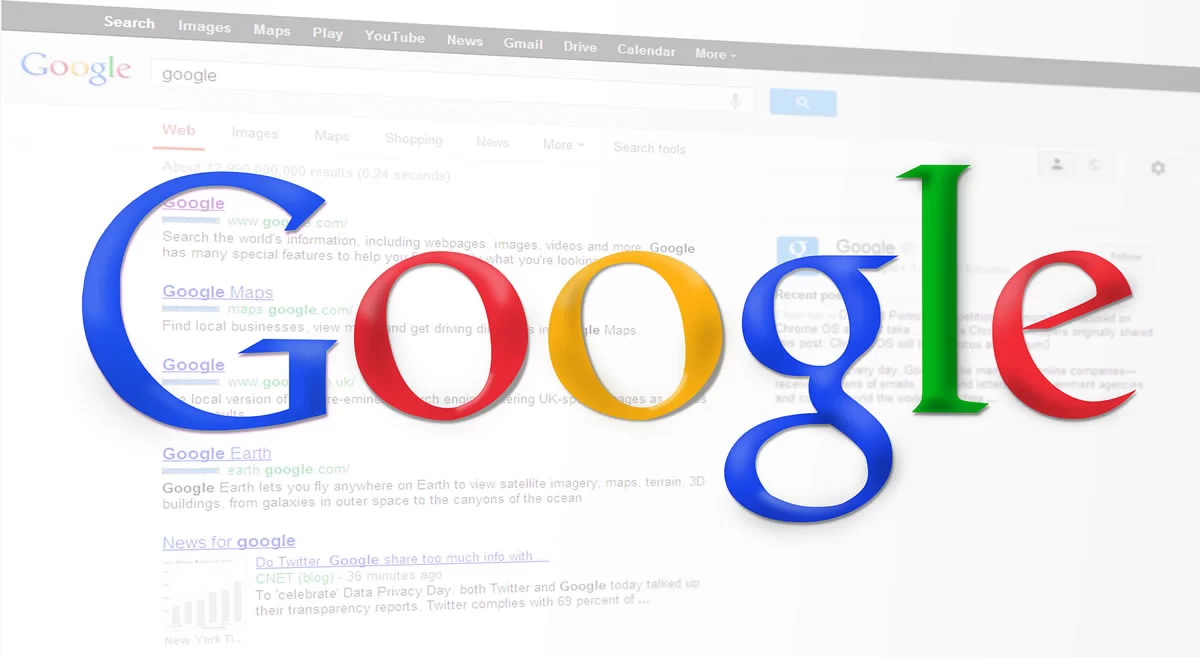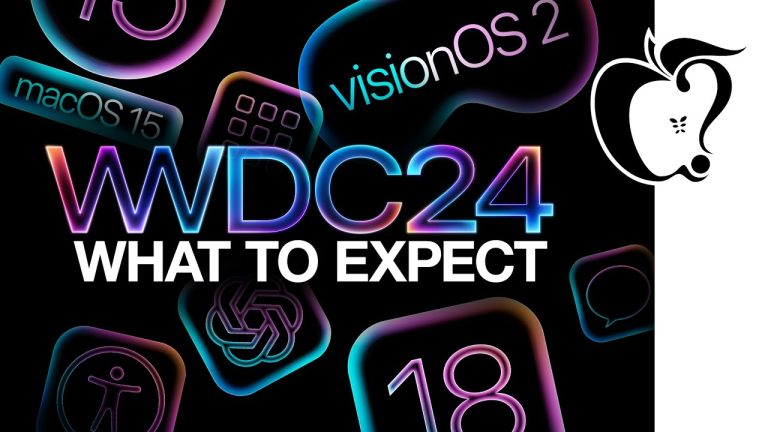Powerfull
SEO Terminology
Let’s Learn What It Is!
Search engine optimization (SEO) is a complex field filled with specialized terminology and acronyms. Like anything else, if you’re just getting started with SEO, it can be challenging.
But you will start to understand all the different terms being used and how they relate to your marketing strategy.
When you’re first learning about SEO, it can be difficult to keep up with all the technical terminology.
To make things easier for you, we’ve compiled this comprehensive glossary of SEO terminology with explanations.
Explaining some of the most common words and phrases used in the world of search engine optimization.
This list covers the essential terms related to on-page and off-page SEO. Terms such as keyword research and link building. Other technical site elements like XML sitemaps and HTML meta tags, content creation strategies like keyword density and topic research.
Then there is the Google Search Console account set up, analytics tools like Google Analytics (GA), Google Search Console (CSE), MOZ Research, Buzz sumo, SEMrush, and more!

Let’s Begin SEO Terminology
SEO basics
SEO stands for “search engine optimization.” SEO is the process of raising your website’s visibility in search engine results pages (SERPs). You can achieve this by creating high-quality content that uses appropriate keywords and links to your website.
With the right SEO strategy, you can increase the organic traffic to your website and improve your site’s reputation. A long-term SEO strategy will also attract new clients and bring in new business.
SERPs are the pages that show your website in search engine results like Google and Bing. When you search for something on Google, you see a list of results based on your query and the algorithm that Google uses to rank the pages that appear.

On-page SEO
On-page SEO refers to all the visible elements on your website, including content, URLs, titles, page structure, and metadata. Your website’s on-page SEO is the foundation for everything else that you do in SEO, since every link back to your site begins with a user clicking on a search result and clicking through to your site.
On-page SEO is the most important factor in SEO because it impacts your rankings directly, and is the first thing that users will see when they click through to your site.
To put it another way, on-page SEO is the front porch of your website. Your ranking is the number of flowers on your porch. The flowers represent the number of visitors that you’ll get.
Off-page SEO
Off-page SEO refers to all the activities that occur outside of your website, including link building and social media marketing. All of these factors play a significant role in your website’s ranking, but they happen outside of your control.
So, when someone types in a search query, they don’t just see your website — they also see links to other websites that have high-quality content and are related to your keywords.
While on-page SEO is the most important factor in SEO, off-page SEO can have a significant impact on your rankings, too. To put it another way, off-page SEO is the fence around your front porch.
SEO Terminology – Keyword research
Keyword research is the practice of identifying the terms that people are using to find your products or services (known as “search queries” or “search terms”). Once you’ve identified potential search terms for your target market, you can incorporate those terms into your content by using them as keywords.
When you use targeted keywords in your content, it increases the likelihood that your website will show up on the search engine result pages. Keyword research can be difficult, especially at the beginning, when you don’t know what terms your target market is using to find your services.
Fortunately, there are several tools that make keyword research easier, such as Google Trends (find what’s the most popular searches right now), and the Google Keyword Planner, part of Google Ads.

SEO Terminology – Link building
Link building refers to the process of earning links to your website from a wide range of sources. Earning links to your website from a wide range of sources, such as other websites, press releases, guest posts, and more.
Links from authoritative websites can improve your site’s ranking by passing link juice, or the “Internet credit” that helps Google decide which sites are most relevant for certain search terms.
We do offer a quality link-building service, take a look at our Internet marketing page.
Summing up
Keyword research is the process of finding out what people are searching for online, and then using those terms as keywords in your website content.
This will help your website show up higher in search engine results. Link building is the process of earning links to your website from a wide range of sources, such as other websites, press releases, guest posts, and more.
These links can improve your site’s ranking by passing link juice, or the “Internet credit” that helps Google decide which sites are most relevant for certain search terms.

Q&As
Key Website Marketing Terms
Some online marketing terms you will begin to hear
Anchor Text
Anchor text is the visible, clickable text in a hyperlink. It is the text that appears in a hyperlink when linking to another page or document. When creating anchor text, be sure to include keywords that are relevant to the page you are linking to. This will help improve your website’s SEO.
When choosing anchor text, you should always try to use keywords that are relevant to the linked page. For example, if you are linking to a page about dog food, you might use the anchor text “dog food” or “best dog food.” Using keyword-rich anchor text will help search engines understand what the linked page is about. Anchor text will also help users decide whether or not they want to click on the link.
Backlinks
A backlink is an incoming hyperlink from one web page to another website. This is also known as an inbound link. Backlinks are important for search engine optimization (SEO) because they are a factor in how search engines rank web pages in their search results.
Webpages with a higher number of backlinks tend to rank higher on search engine results pages. The quality of the website that is linking to your webpage is also important. If a website with a high PageRank links to your webpage, this will have a positive effect on your webpage’s ranking.
Backlinks are used for two main reasons:
To increase the visibility of a website in search engine results pages (SERPs), and, to improve the organic search traffic to a website.
The first reason is achieved by improving the visibility of a website in SERPs. The second reason is achieved by increasing the organic search traffic to a website.
Search Traffic
Organic search traffic is generated from users clicking on links in SERPs. This traffic is also known as “free” or “natural” traffic.
Paid traffic, on the other hand, is the traffic that is generated from users clicking on links in ads. This traffic is also known as “paid” or “sponsored” traffic.
The main difference between these two types of traffic is that organic traffic is free, while the paid traffic option is not.
Social Media Business Marketing
Social media is an online platform that allows users to interact with each other. It also allows users to create and share content, as well as communicate with each other. It is a powerful tool that businesses can use to promote their products and services, connect with customers and build relationships.
The most popular in my mind are Facebook, Twitter, YouTube, Instagram, Pinterest, and LinkedIn. Although, growing in popularity for communication with business customers is WhatsApp for Business.
Meta Tags
Meta tags are snippets of text that describe a page’s content; the meta tags don’t appear on the page itself, but only in the page’s code. Meta tags are used by search engines to help determine the topic of a page and are important for SEO (search engine optimization).
While there are many different types of meta tags. The most important meta tags, and the most common, are the title tag, meta description, and meta keywords tags. The title tag is the most important meta tag, as it is used by search engines as the title of a search result.
The meta description tag is also important, as it is generally used by search engines as the description of a search result. The meta keywords tag is not as important as it once was but is still used by some search engines.
To use meta tags, you will need to edit your website’s code. If you’re not comfortable doing this, you can hire a web developer to do it for you. Once you have added the meta tags to your code, be sure to test your website to make sure that the tags are working correctly.
Keyword Research
Keyword research is the process of finding and selecting keywords that are relevant to your website or business. The purpose of keyword research is to find keywords that people are searching for on the internet. Keyword research allows you to find the keywords that are relevant to your products or services.
Keyword research can be used to improve your website’s search engine optimization (SEO). Another advantage is that it and can also be used to create targeted advertising campaigns.
There are a number of different methods that you can use to research keywords. These can include using Google AdWords Keyword Planner, Google Trends, and other keyword research tools.
Once you have found a list of relevant keywords, you will need to analyze. We need to analyze them to determine which ones are most likely to generate traffic for your site.
To do this, you will need to consider a number of factors, including the competition for each keyword, the search volume for each keyword, and the relevance of each keyword to your site.
Optimization
Optimization is the process of making a website as effective as possible in order to achieve the best results. It involves improving the website’s design, content, speed, and other factors in order to make it more user-friendly. Doing this can improve its chances of ranking high on the search engine results pages (SERPs).
The goal of optimization is to help a website attract more visitors, convert more leads, and ultimately generate more revenue. When done correctly, optimization can be a powerful tool that can help a business grow and succeed.
Schema – Rich Snippets
Schema is a code (semantic markup) that you can add to your website to help search engines return more informative results for users. When schema is implemented on a page, it creates an enhanced description (or “rich snippet”) that appears in search results. This can help your site stand out from the sea of blue links and may result in more clicks to your site.
There are many different types of schema that can be used on a website, but some of the most common are for events, recipes, products, and businesses. You can find a full list of schema types here.
Schema can be added to a website in one of two ways. You can add Schema by adding code to the website itself, or by using a tool like Google Tag Manager. If you’re not comfortable adding code to your site, Google Tag Manager is the recommended method.
Once you’ve added schema to your site, you’ll need to test it to make sure it’s working properly. The best way to do this is with Google’s Structured Data Testing Tool.
Content Writing
Content writing is the process of creating content for your website. This can include anything from blog posts and articles to eBooks and white papers. The goal of content writing is to help your website rank higher in search engines.
Content writing will also help to drive traffic to your site, and improve your conversion rate. (check out our article, “Why Content Writing is Important“).
Content writing is an important part of any digital marketing strategy and every website owner should be creating high-quality, informative, and engaging content.
By doing this, you can attract new visitors to your website and convert them into customers. In addition, regular content updates can help improve your website’s SEO. Improving SEO will make it easier for people to find your site when they are searching for information online.
If you are not sure where to start, or if you need help creating quality content for your website, consider hiring a professional content writer. A professional content writer can help you create a content strategy, produce quality content, and promote your site to a wider audience.
Here at Web Centre Plus, we write articles for a variety of different blogs and niches every week. Contact colin@webcentreplus.com or contact us here.
Or our promo video, Why Content Writing Is Important.








I’m often to blogging and i really appreciate your content. The article has actually peaks my interest. I’m going to bookmark your web site and maintain checking for brand spanking new information.